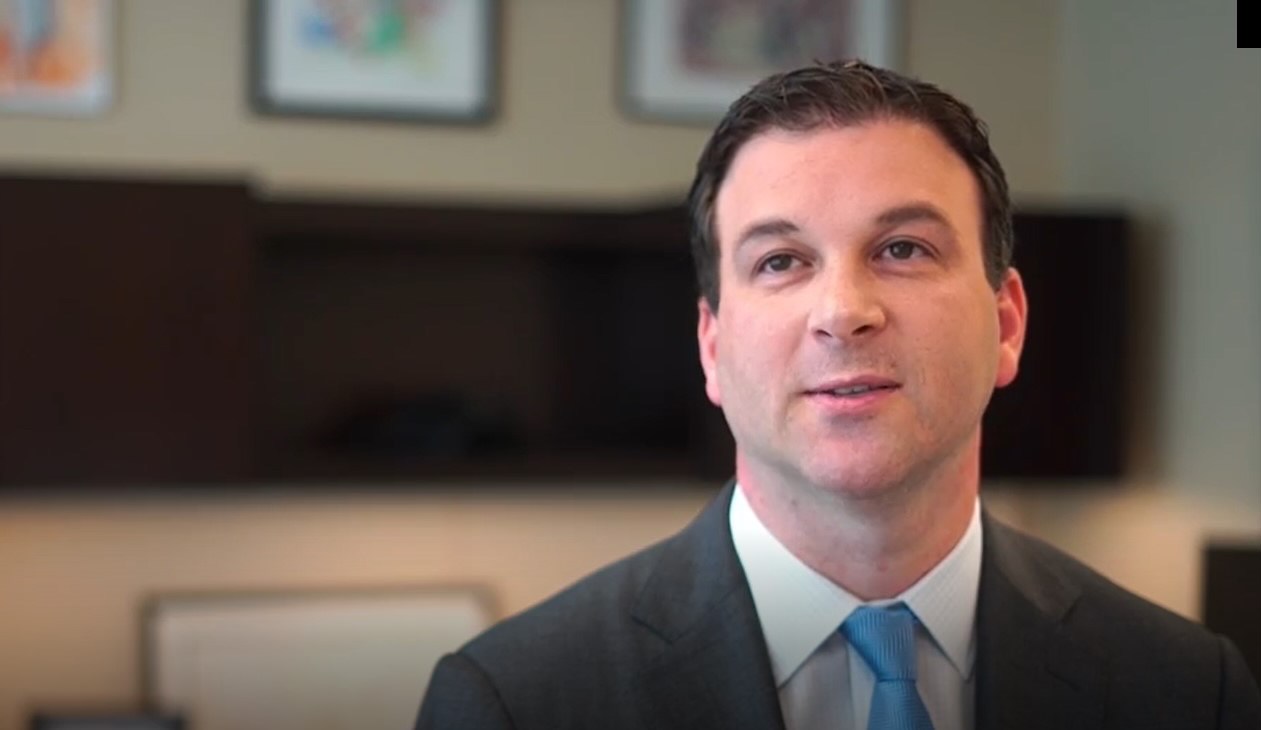When aging family members can no longer care for themselves, it is the responsibility of a nursing home to provide the care and medical treatment for your loved ones. Unfortunately, abuse and neglect happen far too often in these long-term care facilities. Medication errors, untreated bedsores, abusive or neglectful behavior from the staff, and failure to treat illnesses or injuries can cause disabling or fatal injuries to residents.
Contact Us Today to Schedule
A Free Consultation
Elderly victims are often unable to protect themselves from abuse. It typically falls to family members to remain vigilant for any signs of abuse or medical negligence by the nursing home staff.
Mistreatment of any human being is unacceptable. If abuse or neglect caused your loved one’s injuries, then you may be able to hold the nursing home staff and management accountable. The nursing home attorneys at Regan Zambri Long PLLC have extensive experience handling nursing home abuse and neglect claims throughout the DC Metro area. If you need help getting justice for your loved one, then we are here for you.
Mistreatment of the senior members of our communities in nursing homes or anywhere is unacceptable. If negligence or medical malpractice cause your loved one’s injuries, physical or psychological, then you may be able to hold the nursing home staff and owners accountable though a personal injury lawsuit. The nursing home attorneys at Regan Zambri Long PLLC have extensive experience handling nursing home abuse and neglect claims. If you need help getting justice for your loved one, then we are here for you.

Elder abuse exists in many forms. Elderly victims may be unable or unwilling to inform family members or the authorities of the long-care facility’s conditions. Family members need to be aware and know the warning signs of nursing home abuse.
There are five common types of nursing home abuse:
It’s essential to remember that not all abuse will leave a visual mark. You may not notice the problems until it’s too late.
Too often, nursing home neglect goes hand-in-hand with medical malpractice, as negligent doctors, nurses, and other staff may overlook or fail to administer necessary treatments. Many residents live in elder care facilities because they require regular medication, treatment, or assistance from a medical worker. Medical negligence can therefore cause a dangerous health condition, allow an illness to progress, or cause death.

If you notice any of these signs of nursing home negligence, then you should take the following steps to protect your loved one:
Your first step is to speak with the resident about any changes you have noticed. Try to get the whole story and ask if they are being harmed or feel uncomfortable living in the facility.
Unfortunately, your loved one may not admit to any neglect for fear of retribution from the staff. Therefore, you will need to document what’s going on with your loved one. Take pictures and write notes on any signs or symptoms of abuse that you notice, including the date and time. In addition, keep copies of any medical reports on unexplained injuries as well as any complaints filed.
Inform the nursing homeowner or operator about your concerns and make notes concerning your conversation. Then, remain watchful to see if the facility addresses the problem.
Each state has its procedures for filing an official complaint about nursing homes and elder abuse. In Washington, DC, you will need to call the Office of the Inspector General to report the neglect.
Although reporting a nursing home can help prevent the abuse from continuing, you will need to file a personal injury lawsuit to get compensation for your loved one. A DC nursing home abuse lawyer can advise you on what to do about nursing home neglect or abuse at any time. Once an investigation is complete, an attorney can also help you file a personal injury claim against the facility. As a result, you may be able to recover compensation for your loved one’s medical bills, relocation costs, financial losses, and other damages.
Unfortunately, it can be challenging to recognize the signs of abuse. But there are some obvious signs you should be looking out for, including:
Depending on the severity of the injuries, the financial impact the abuse had, and any emotional cost your loved one experienced, the victim may receive the following damages:
You may also be able to pursue punitive damages in rare instances. These damages are meant to punish those responsible for the abuse and prevent the behavior from happening again.
In cases such as nursing home abuse, you may have the option to sue multiple parties. So not only can you sue the staff members responsible, but you can also sue the facility’s management, the doctors on staff, and the organization that owns the facility.
Even when there is a clear indication of abuse or neglect from the nursing home staff, negligence cases are complicated. Not only do you have to deal with the law, but you may have an injury victim unwilling to speak out against their abuser. This is why obtaining a DC nursing home abuse attorney is crucial for your case.
An attorney can get the evidence needed to build your loved one’s claim. Such evidence includes witness accounts, photographs of your loved one’s injuries, video surveillance, financial records, medical records, and expert witness opinions.
After conducting the investigation, your nursing home negligence lawyer will have the evidence needed to establish liability, including:
For over three decades, our nursing home negligence lawyers have garnered respect from their clients as well as their peers. With over $650 million in record-setting verdicts and settlements, our injury attorneys are routinely honored by well-respected legal organizations and publications throughout the country.
If you or a loved one has been injured due to abuse or negligence by a nursing home or long-term care facility, get the help you need. Contact our DC injury law firm today for a free consultation.